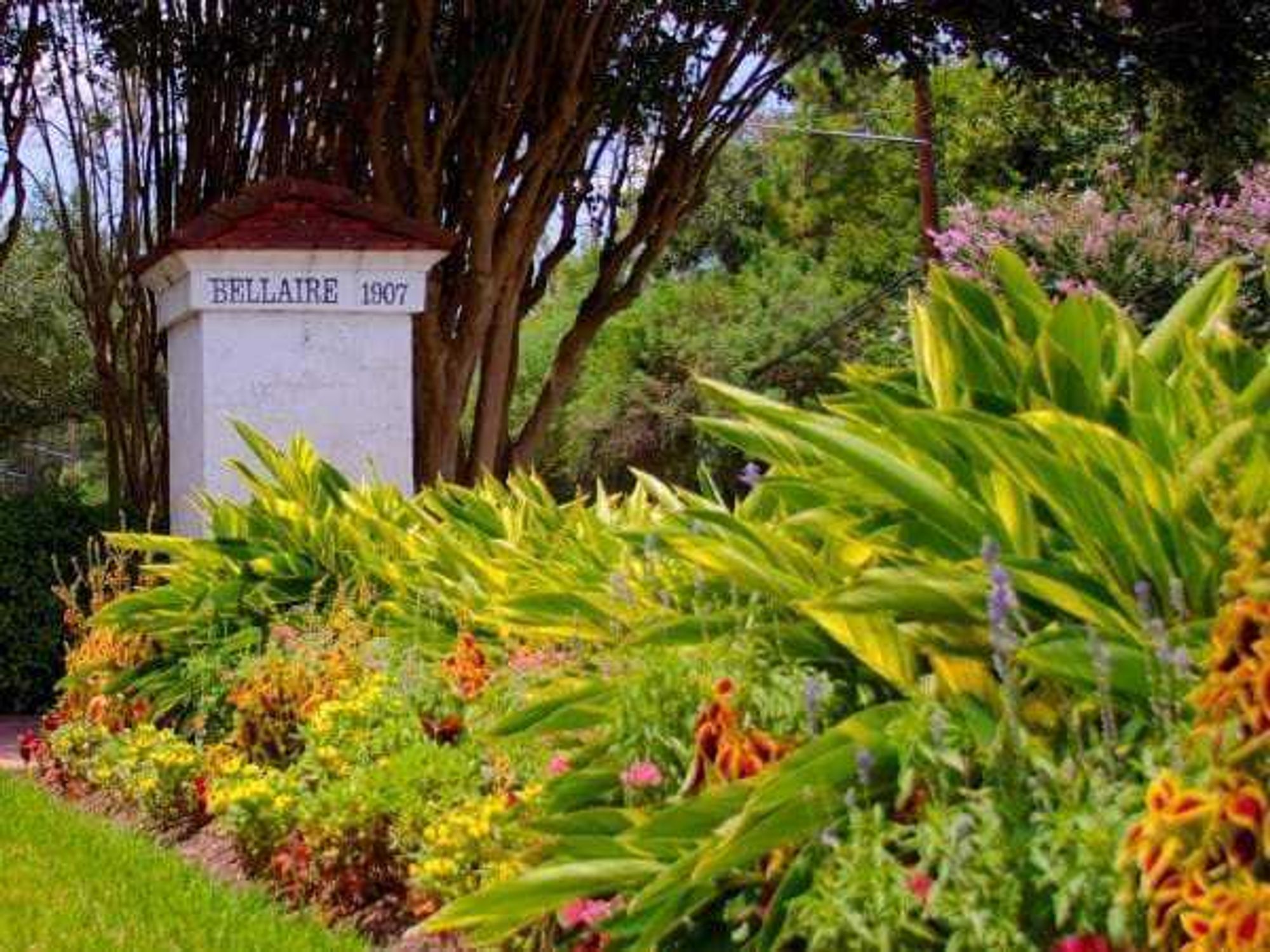Focus on Community
Shaving heads for Childhood Cancer Awareness Month
Shock, denial, anger, hopelessness, determination – this is what having a child with cancer feels like.
“It’s one of those things in life that, if it doesn’t affect you directly, you probably won’t pay much attention to it,” says Janet Pollok. She admits that she didn’t either, until the day a doctor told her that her 10-year-old son had an inoperable brain tumor.
It was January 2009, and Janet was at the hospital with Luke after he had complained of headaches and been losing his balance. There, he was diagnosed with a rare form of pediatric cancer called DIPG (Diffuse Intrinsic Pontine Glioma), a malignant tumor inside the brain stem that only affects children. Because of their location DIPG tumors are inoperable, and it’s an extremely aggressive form of cancer. There is no cure, and no survival rate. It is a death sentence; when Janet and Luke’s father, Darren, were told of his tumor they were also told that Luke would not survive it.
“It’s something no parent ever wants to hear,” Janet says. “That your son has a cancerous brain tumor, and that they cannot operate on it. I don't think I could even breathe when the doctor uttered those words to us. I ran out of the room into the hall and cried like I have never cried before. Not my son, not cancer, and definitely not incurable!”
Ten years earlier, Janet had waited nine months for Luke, her youngest son of four, to be born. Now, she watched for exactly nine months as this horrible disease took him away from her – the median survival rate for children with DIPG. One of the hardest moments for Janet came when Luke asked her the question she had been dreading: “Am I going to die, Mommy?”
Reality set in, and the fight grew harder, but Luke stayed amazingly positive. Shuttling between hospitals, more treatments and drugs were tried as Luke’s symptoms grew worse. On September 18, 2009 he was taken by ambulance to Santa Rosa Medical Center in San Antonio. “Something is different now,” Darren posted on the CaringBridge.org journal they started to chronicle Luke’s condition. After a rapid decline, Luke lost his fight with cancer on September 30.
“Luke took his last breath, just he and I, me holding him to take it,” Janet says. “It was the most surreal moment I will ever have in my life, next to giving birth. It was a sacred, intimate moment I will have etched in my memory forever.” It’s also a moment that she hopes no other parent will have to experience.
In the nearly two years since Luke’s death, Janet has been a warrior in the battle against childhood cancer. Only three percent of all federal cancer research funding is dedicated to pediatric cancers, and one of the most troubling things about childhood cancers is that they are generally very different from adult cancers. The cause of most of them is still widely unknown, but cancer is the number-one disease killer of children in the United States.
So Janet was excited to learn of the St. Baldrick’s Foundation, which funds more childhood cancer research than any other organization outside the U.S. government, and inspired by the method they were using to raise research funds to fight children’s cancers: shaving their heads.
Janet quickly signed up as a shavee – and so did 45 other mothers of children who had fought, or were fighting, cancer. The “46 Mommas,” as they’re known, represent the 46 children who are diagnosed with some type of cancer every weekday; seven children die from the disease. each day. The 46 Mommas believe that can, and should, be stopped – and they are all shaving their heads bald in Washington D.C. on September 21 to raise funds to make that happen.
“Shaving represents a very small part of what children go through as part of their chemo treatment,” Janet says. “To lose their hair and be stared at, pointed at and ridiculed only adds to the already hard and painful time they are going through.”
Janet has been fundraising for the shave-a-thon for months, and is also donating her hair to Locks of Love. "It is only through research, which costs millions of dollars, that a cure will be found. Cancer is devastating for the child, but it also changes everyone in the entire family. It devastates families physically, emotionally and financially. No one will ever be the same. " Janet has learned that the hard way, as she’s struggled to adjust to her new normal in the 18 months since losing her son. “It is almost like having to relearn your life. I have learned a lot about myself and what I'm made of. Luke has inspired me to do so much with my life."
"I know if Luke were still here, he would totally dig this," Janet adds. And how does she feel about sporting a bald head for the cause? "It's only hair - it will grow back for me, but for some children it never will."
If you are interested in donating to the cause, please visit the Luke My Hero websiet. Any amount, no matter how small, will make a tremendous difference in the life of a child.

 The Downtown Holiday Stroll is one of many holiday-themed events in Austin this month. Photo by Marina Wanders
The Downtown Holiday Stroll is one of many holiday-themed events in Austin this month. Photo by Marina Wanders